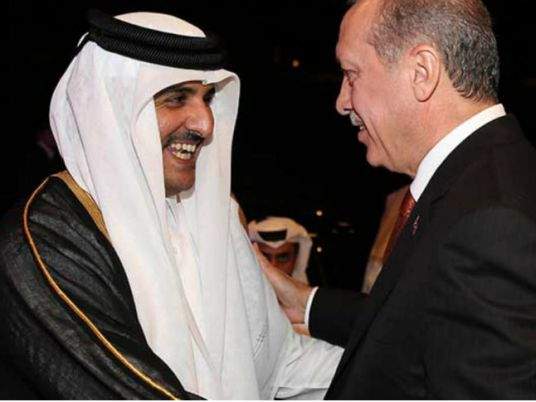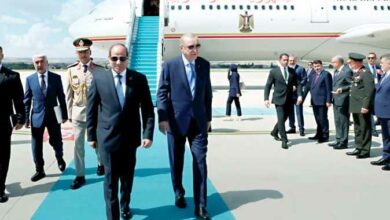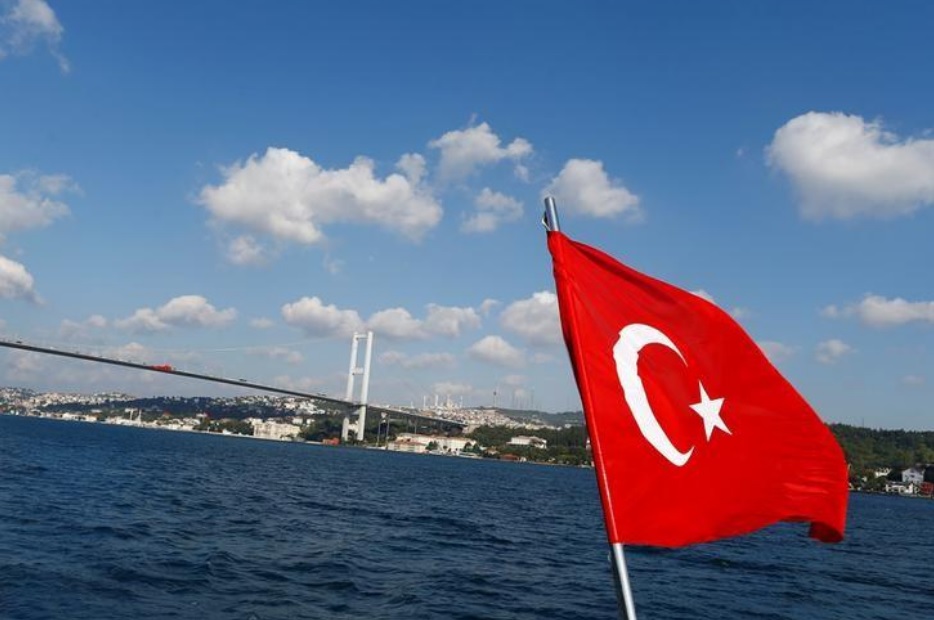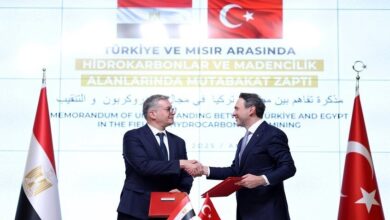
Turkey will establish a military base in Qatar as part of a defence agreement aimed at helping them confront "common enemies," Turkey's ambassador to Qatar said on Wednesday.
Establishment of the base, part of an agreement signed in 2014 and ratified by Turkey's parliament in June, intensifies the partnership with Qatar at a time of rising instability and a perceived waning of U.S. interest in the region.
The two countries, both economic heavyweights, have provided support for the Muslim Brotherhood in Egypt, backed rebels fighting to overthrow Syrian President Bashar al-Assad and raised the alarm about creeping Iranian influence in the region.
Both have condemned Russia's intervention on the side of Assad's forces fighting in Syria.
The envoy, Ahmet Demirok, told Reuters that 3,000 ground troops would be stationed at the base – Turkey's first overseas military installation in the Middle East – as well as air and naval units, military trainers and special operations forces.
The "multi-purpose" base will primarily serve as a venue for joint training exercises. The agreement also grants Qatar the option of setting up its own base in Turkey, he said in an interview.
"Turkey and Qatar face common problems and we are both very concerned about developments in the region and uncertain policies of other countries … We confront common enemies. At this critical time for the Middle East cooperation between us is vital," Demirok said.
One of the wealthiest countries in the world, Qatar is home to the largest U.S. air base in the Middle East, Al Udeid, where around 10,000 military personnel are stationed, though U.S. interest in the region is perceived to be lessening.
Demirok said 100 Turkish troops were currently in Qatar training the Gulf state's military. He did not say when the new Turkish base would be completed.
"Today we are not building a new alliance but rather rediscovering historic and brotherly ties," he said, referring to the Muslim Ottoman Empire which, before its collapse in 1920, stretched from eastern Europe to the Arab Gulf.
"With the perceived disengagement by the United States from the Gulf, what we are witnessing now is a diversification of potential allies," said Jean-Marc Rickli, a professor at King’s College London teaching at Qatar National Defence College.
"If you are a small state like Qatar you have an interest in hosting several allies on your territory because it provides you with an indirect security guarantee from your ally. Moreover, it increases the costs for the aggressor of any potential attack."
Qatari officials were not immediately available for comment.




